full-time faculty teaching and conducting research in political science
of Maxwell faculty conduct research focused outside of the U.S.
graduate students in residence; fewer than 12 admitted each year
Undergraduate Studies
Graduate Studies

I am Maxwell.
Civic engagement is a core value for me. I have always aspired to help the communities I’m from.” Mazaher Kaila, a Maxwell alumna and third-year student at Syracuse University's College of Law, moved with her family from Sudan to Central New York when she was four years old. “I realized that to make meaningful change in society, I needed to understand the systems that power it—government and politics—and that’s insight I would gain by studying political science.”
Mazaher Kaila ’19, L’22
political science, law
Historical Information and Beliefs about Racial Inequality
Steven White, Albert H. Fang
Politics, Groups, and Identities, August 2022
Does exposure to historical information cause systemic policy thinking? Despite the importance of this question across multiple research traditions, there is a dearth of empirical research assessing it. We evaluate this question by studying the case of how arguments about the historical and structural roots of racial inequality affect beliefs about racial inequality.
Analyzing data from a novel survey experiment fielded on two national, census-balanced samples of American adults, we find compelling evidence that such arguments can increase beliefs in the existence of Black-white racial inequality and increase beliefs in structural causes of racial inequality, particularly among white Republicans and Independents. In addition, we find evidence that historical information can reduce racial resentment among these groups.
Overall, our study provides evidence that exposure to historical information can induce greater systemic and historical thinking about contemporary racial inequalities in the United States.
Related News
Research
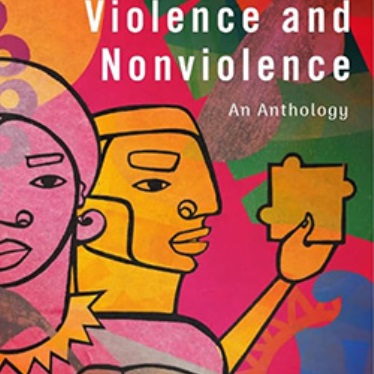
Jul 9, 2024
Research
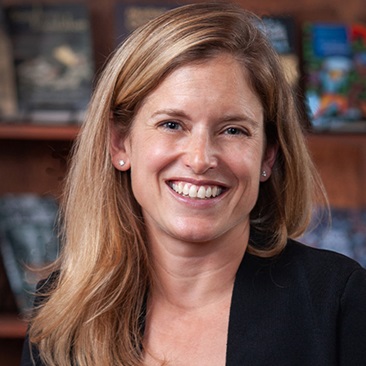
Jun 18, 2024
School News
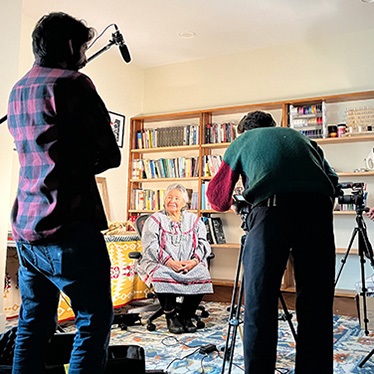
May 14, 2024
School News
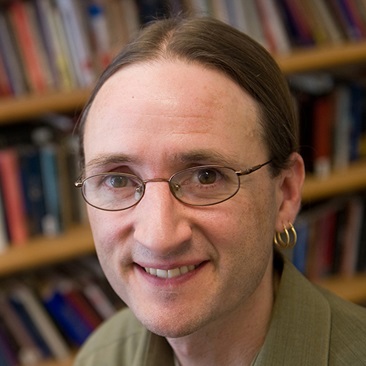
Apr 19, 2024
BaoBao Zhang Joins First Cohort of AI2050 Early Career Fellows
One of only 15 scholars chosen from across the U.S., Zhang will receive up to $200,000 in research funding over the next two years. Zhang will use the funding to partner with the nonprofit, non-partisan Center for New Democratic Processes to test whether public participation in AI governance is increased through the creation of public assemblies, known as “deliberative democracy workshops.”
Baobao Zhang
Assistant Professor, Political Science Department
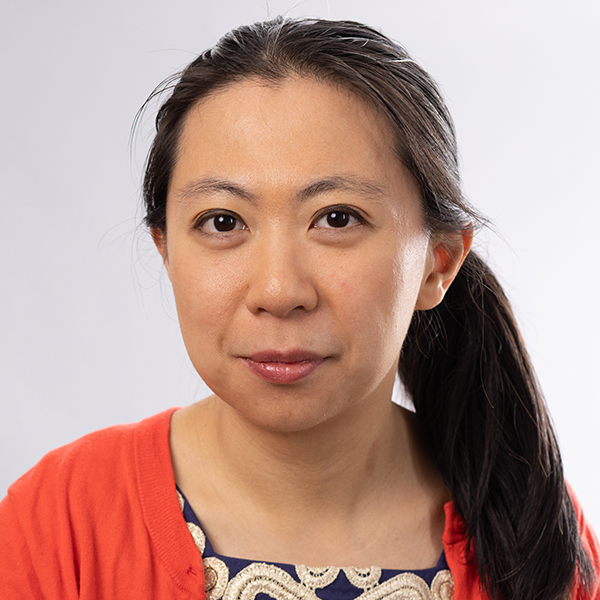
Historical Information and Beliefs about Racial Inequality
Steven White, Albert H. Fang
Politics, Groups, and Identities, August 2022
Does exposure to historical information cause systemic policy thinking? Despite the importance of this question across multiple research traditions, there is a dearth of empirical research assessing it. We evaluate this question by studying the case of how arguments about the historical and structural roots of racial inequality affect beliefs about racial inequality.
Analyzing data from a novel survey experiment fielded on two national, census-balanced samples of American adults, we find compelling evidence that such arguments can increase beliefs in the existence of Black-white racial inequality and increase beliefs in structural causes of racial inequality, particularly among white Republicans and Independents. In addition, we find evidence that historical information can reduce racial resentment among these groups.
Overall, our study provides evidence that exposure to historical information can induce greater systemic and historical thinking about contemporary racial inequalities in the United States.
Related News
Research

Jul 9, 2024
Research

Jun 18, 2024
School News

May 14, 2024
School News

Apr 19, 2024
